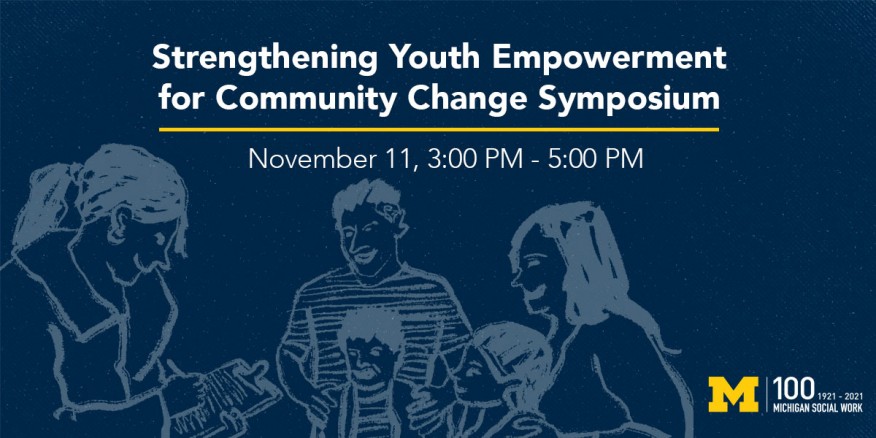Strengthening Youth Empowerment for Community Change Symposium
to
This special conversation celebrates the School of Social Work's commitment to strengthening youth empowerment for community change. We have been leaders in the field during the past century, and look forward to advancing this work in the years ahead.
For this, we are bringing together some of the nation’s premier “youth and community” thought leaders to discuss: What are some strategies for strengthening youth empowerment for community change, in a society that is becoming more segregated and more diverse? What competencies are required, and what issues arise in using them? What are some opportunities for social work and social work education?
The program also recognizes Barry Checkoway for his contributions, as a scholar, teacher, and practitioner, on campus and in the community.
Event Recording
Discussants
Barry Checkoway
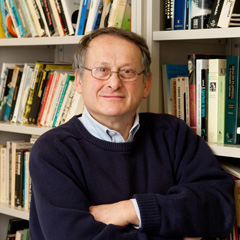
Arthur Dunham Collegiate Professor Emeritus of Social Work, University of Michigan School of Social Work and Professor Emeritus of Urban Planning, University of Michigan Taubman College of Architecture and Urban Planning
Professor Barry Checkoway is an internationally-recognized scholar and practitioner on youth empowerment, neighborhood development, and community change. His projects and publications draw on work with grassroots groups, community agencies, and government programs in the South Bronx, Detroit, Mississippi Delta, central Appalachia; and in South America, Europe, Africa, and the Middle East, with support from the World Health Organization, Ford Foundation, Kellogg Foundation and other institutions. He worked with the White House in 1990 to launch AmeriCorps, then served as founding director of the Michigan Neighborhood AmeriCorps Program, Edward Ginsberg Center for Community Service and Learning, Michigan Youth and Community Program, and Youth Dialogues on Race and Ethnicity.
Larry Gant
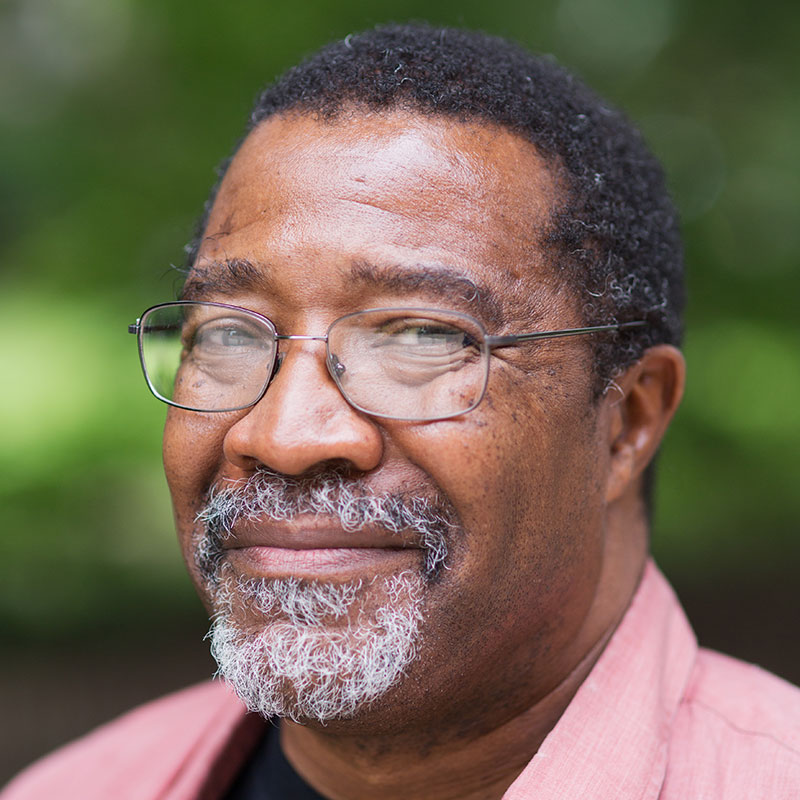
Diversity, Equity and Inclusion Program Director, Professor of Social Work, University of Michigan School of Social Work and Professor of Art and Design, University of Michigan Penny W. Stamps School of Art and Design
Larry M. Gant’s current work focuses on neighborhood-level change efforts in the Detroit and surrounding metropolitan areas. The co-operative work incorporates strategies and tactics inspired by collaborations with research colleagues sharing historical, social and political lessons learned from medieval postwar and postindustrial cities including Berlin, Glasgow, Amsterdam, Krakow, and Warsaw. Particular practice interests include the continued reinvention and recreation of legacy spaces within these cities, lessons learned from the EU's experience of mass migrations between 2015 to date, community resident survival and growth in resisting and transforming structured gentrification initiatives, and implications of continuing debate regarding current and future representations of conflict memorials, and their legacies and histories for Detroit’s historical landscape. Gant’s neighborhood-based prevention and promotion related work and research has been supported by the National Institutes of Health, Centers for Disease Control and Prevention and numerous private foundations.
Lorraine Gutiérrez
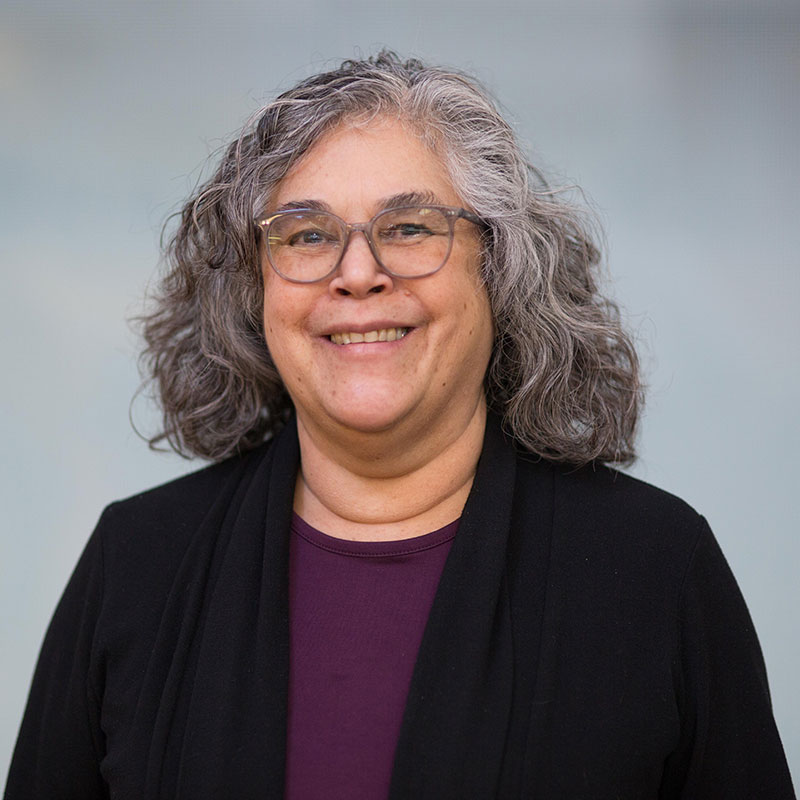
Associate Dean for Educational Programs, Professor of Social Work, University of Michigan School of Social Work and Arthur F. Thurnau Professor of Psychology, University of Michigan College of Literature, Science and the Arts
Professor Lorraine Gutiérrez has a joint appointment with the School of Social Work (SSW) and Department of Psychology at the University of Michigan and is a faculty associate in American Culture. She also is a member of the SSW Community Organization Learning Community. Her teaching and scholarship focuses on multicultural praxis in communities, organizations and higher education. She brings to her work community-based practice and research in multiethnic communities in New York, Chicago, San Francisco, Detroit and Seattle. Current projects include identifying strategies for multicultural community-based research and practice, multicultural education for social work practice, and identifying effective methods for learning about social justice. Her contributions to undergraduate education have been recognized by the Arthur F. Thurnau Professorship. She is currently an editor or the Journal of Community Practice.
Katie Richards-Schuster
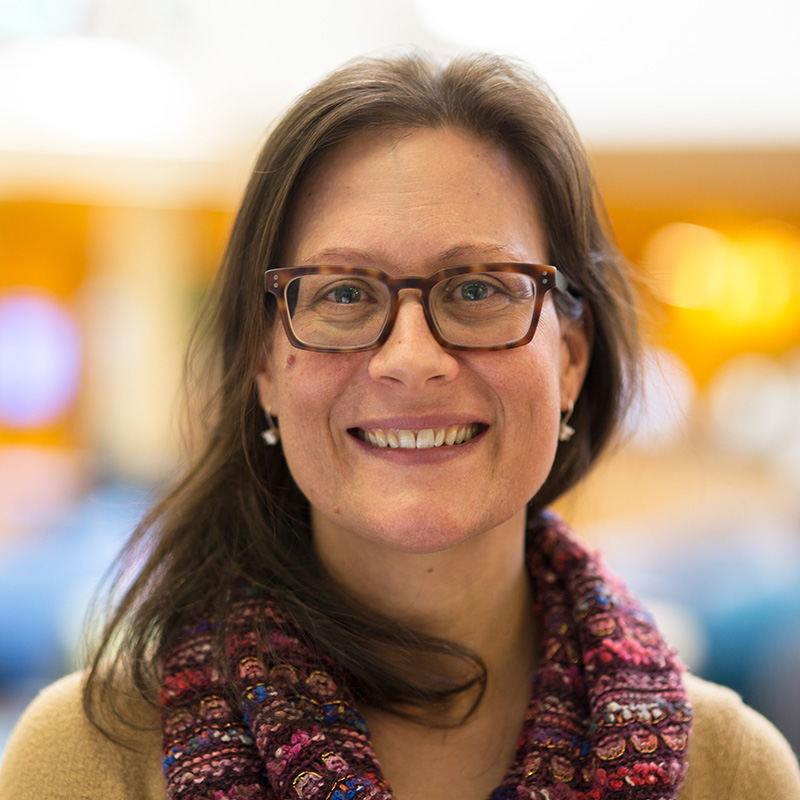
Director of Community Action and Social Change Undergraduate Minor Program and Associate Professor of Social Work, University of Michigan School of Social Work
Katie Richards-Schuster, AM, PhD, is an associate professor at the University of Michigan School of Social Work. She received her doctorate in Social Work and Sociology from the University of Michigan and her AM from the University of Chicago’s School of Social Service Administration. Her research focuses on understanding the strategies and approaches for engaging young people in communities, the contexts and environments that facilitate youth engagement across settings, and the impact of youth participation in creating community change. She is a leading scholar in using participatory research and evaluation approaches with young people and communities. She has written multiple peer-review articles and book chapters and has led community-engaged and national projects focused on youth participation. She has presented on youth participation in national and international conferences and co-chairs the Youth Focused Evaluation group within the American Evaluation Association. Current projects include an evaluation of a system-wide youth participatory evaluation within a large urban school district, a youth-led community assessment and data dialogues project, and a project to distill best practices in youth participation within social work. Dr. Richards-Schuster is also the Director of Undergraduate Minor Programs and is the founding director of the Community Action and Social Change undergraduate minor in the School of Social Work. This minor is the second largest at the University of Michigan and draws over 200 students from nine schools and colleges across campus.
Panelists
Adriana Aldana
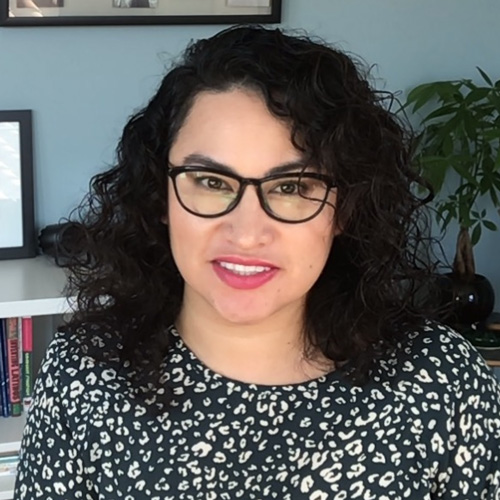
Associate Professor of Social Work, California State University
Dr. Adriana Aldana is an Associate Professor of Social Work at California State University, Dominguez Hills. She received her Ph.D. from the Joint Doctoral Program in Social Work and Developmental Psychology from the University of Michigan (Class of 2014). Her research examines how intergroup empowerment practices shape adolescents' sociopolitical development and its implications for anti-racism and community capacity building. This work has allowed her to identify the processes that promote young people's ability to think critically about their social identity, systems of privilege and oppression, and inclusive tactics for social action. As a practitioner, she has organized social justice workshops, managed a community-based youth dialogue program, and developed anti-oppression curricula for K-12 educators.
Charles Lea
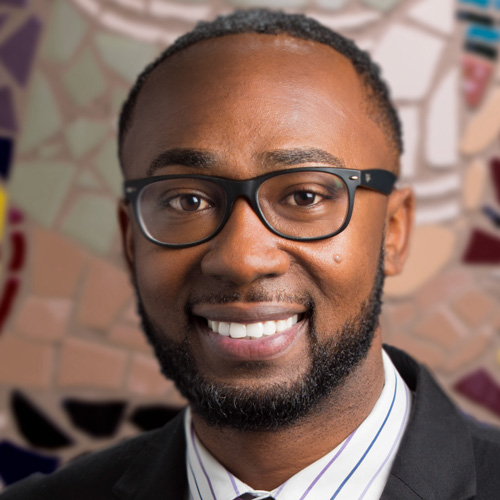
Assistant Professor, University of Houston Graduate College of Social Work
Dr. Charles H. Lea III is an Assistant Professor at the University of Houston Graduate College of Social Work. His research and scholarship examine formerly incarcerated young adult Black men’s risk, resilience, and resistance experiences in educational, correctional, and community settings, and the role and impact racial equity-informed strategies have on their experiences and perceptions, development, and overall health and wellbeing. The aims of his work are to develop knowledge and build theory that inform policy, practice, and interventions that address racial and gender disparities in educational and criminal punishment systems and other health-related outcomes. His research is informed by his practice experience with racial/ethnic young people in community, educational and correctional settings; prior research on reentry, workforce and youth development programs, school reform initiatives; and training in critical qualitative methodology, community-engaged research, and theory-development. Dr. Lea received his PhD in social welfare from the UCLA (2017), MSW from the University of Michigan (2006), and bachelors in sociology from UC Berkeley (2004).
Linda Sprague Martinez
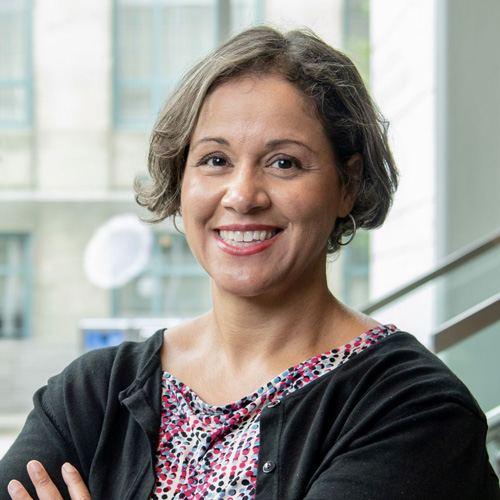
Associate Professor, Chair of the Macro Department, Boston University School of Social Work, Assistant Director of Research, Center for Antiracist Research, Co-Director, Clinical Translation Science Institute Community Engagement Core, Boston University
Linda Sprague Martinez, Ph.D., is associate professor, chair of the Macro Department at the Boston University School of Social Work, the assistant director of research at the Center for Antiracist Research, and co-director of the Clinical Translational Science Institute Community Engagement Core at Boston University. She is interested in examining asset-based strategies to tackle health inequities; as such community engaged research (CEnR) approaches like community based participatory research (CBPR) and youth led participatory action research (YPAR) are central to her work. Having formerly worked in municipal and state governance, and as an adolescent mental health provider, she brings practical expertise in community collaborations designed to engage diverse communities of color and low-income residents in community planning and intervention development. In 2017 she was a Boston Housing Authority, Center for Community Engagement and Civil Rights, Resident Empowerment Coalition, Resident Empowerment Honoree.
Jaimée Marsh
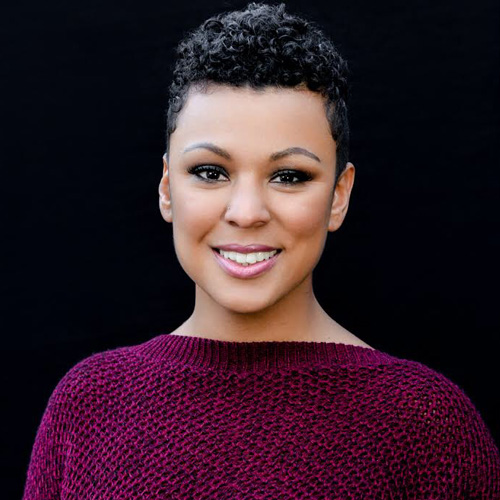
Executive Director, FEEST
Jaimée Marsh (they/them) specializes in community organizing, organizational capacity building, and social identity development. For over 15 years, they applied this skill set to build community, shift power to youth, and drive policy change with queer and trans people of color. Jaimée is an alum of the University of Michigan and University of Washington Schools of Social Work where they deepened their passion for cultivating and curating creative spaces that center radical joy and healing, as well as fostering sustained partnerships between school systems and the community at large. Currently, Jaimée serves as Executive Director of FEEST, a community based organization that centers BIPoC youth from South Seattle and South King County as leaders in transforming food systems and health equity in their schools. In their personal life, Jaimée is a cheese enthusiast who loves traveling and trying new recipes.
Maureen Sedonaen
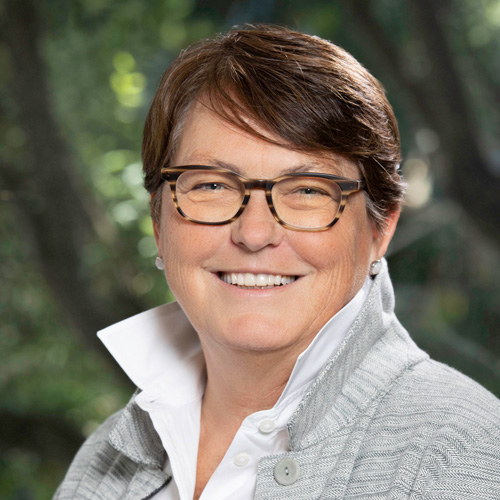
CEO, Habitat for Humanity Greater San Francisco
Maureen is the Chief Executive Officer of Habitat Greater San Francisco, serving Marin, San Mateo, and San Francisco Counties. Over the last four years, she has overseen incredible pipeline growth and increased mission impact across the organization as we build, preserve, finance and advocate for affordable homeownership. Habitat Greater San Francisco was named an Affiliate of Distinction in both 2017 and 2018. An inspiring and strategic leader with a highly successful track record leading in both the non-profit and private sector, Maureen served in executive leadership roles for several years at leading organizations and formerly was the Founder, President and CEO of the Youth Leadership Institute. In that role she worked with hundreds of communities and organizations across the U.S. and internationally on effective and transformative youth leadership, philanthropy, engagement, and policy initiatives.
Maureen holds an MBA in Strategic Leadership from Dominican University and a Certificate in Non- Profit Management from the Harvard Business School. She has received numerous honors locally and nationally and is a member of the Forbes Non-Profit Council. She has served as a mentor, advisor and strategist to numerous start-ups, philanthropic foundations, municipalities, school districts and business groups across the U.S. and abroad. She is currently a member of the Habitat for Humanity International, U.S. Council serving on the Advocacy and Resource Development Committees. Believing strongly in servant leadership, Maureen serves on the Board of Trustees of the Marin Community Foundation, and as Board Chair of Habitat California.
Event Details
- Online
- Emma Krzyzaniak
- [email protected]
- 11/11/2021 - 3:00 PM to 5:00 PM
This event has no location.
